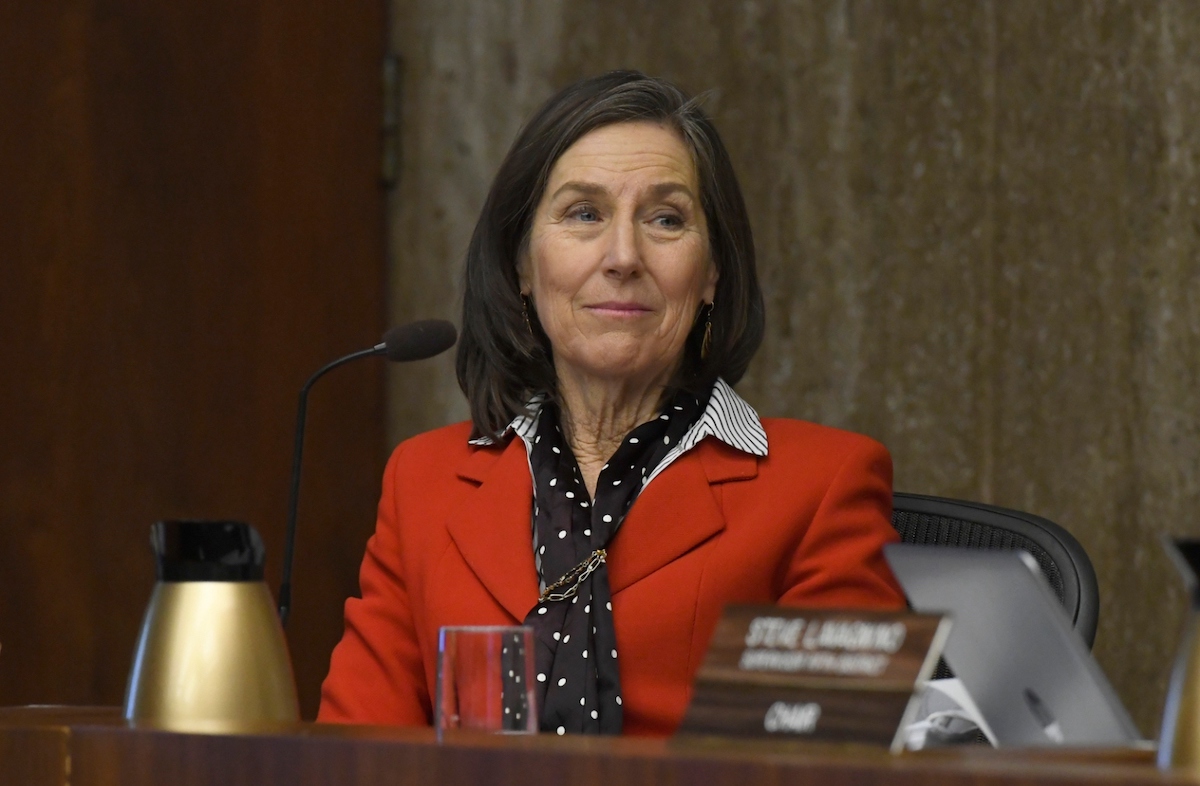The Santa Barbara County supervisors found themselves wrestling this Tuesday with an effort to save money by limiting increased ballot transparency called for by a new state law. It’s still not clear which side prevailed; eventually the supervisors agreed to kick the can down the road to June 27.
At issue is the $150,000 or more that county election officials say it will cost them to print the names of supporters and opponents of ballot initiatives in accordance with a new state law that went into effect this year. That law, however, offers local jurisdictions the option of opting out of this provision for locally originated ballot initiatives. For statewide ballot initiatives, however, there’s no opt-out option.
The supervisors were notified that are currently 26 possible statewide initiatives looking to get on the ballot. That number could be winnowed down to 10-12, according to Supervisor Das Williams.
Michael Daly, the deputy election clerk, threw out the number $150,000 in anticipated extra costs but shied away from giving a firm price tag for individual ballot initiatives. The proposal from Daly’s boss, County Clerk-Recorder Joe Holland, was for the supervisors to vote to activate the local opt-out provision of the new state law.
Supervisor Joan Hartmann balked. “The value is transparency,” Hartmann stated. “Sometimes democracy costs money.”
Supervisor Laura Capps joined in, stating, “More transparency is important,” adding, “The cost of transparency is minor compared to the benefit of voters.”
State Assemblymember Steve Bennett urged the supervisors not to opt out, writing, “The value of having major funders of the support and opposition campaigns for a measure on the ballot is tremendous. It can dramatically help level the playing field in terms of campaign spending.”
Marell Brooks of Citizens Planning Association echoed that sentiment, writing that Holland was seeking to “invalidate efforts to provide increased transparency.” She added that the new law requires no more than an additional 125 characters in identifying major ballot initiative sponsors. Political parties and “newly created sham organizations,” she added, were exempt from such listing requirements.
Supervisor Bob Nelson said he only began researching the matter on Monday, but expressed concern that the new disclosure requirements might accelerate the process of partisan polarization at a time when the supervisors enjoy a degree of collegiality that transcends party affiliation.
Supervisor Steve Lavagnino said that most ballot initiatives are intentionally written to confuse voters as to their actual purpose as well as the identity of their backers. When people ask him how they should vote on initiatives, Lavagnino said, “I tell them, ‘Read it.’ If they’re inclined to support it, vote the other way.”
The issue becomes real during next March’s primary elections. The supervisors voted to delay the matter, but Supervisor Hartmann, likely facing a challenging reelection campaign, pushed to resolve the matter sooner rather than later. As a result, the supervisors will next revisit the matter on June 27.


